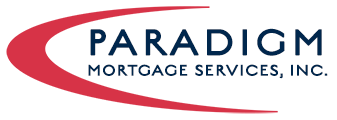What is a reverse mortgage?
Reverse mortgages (sometimes referred to as “home equity conversion loans”) enable older homeowners to benefit from their built-up home equity without selling their home. Homeowners can receive this money by a monthly payment, a line of credit, or a one-time payment.
How do you pay off the loan?
Paying back your loan is not necessary until the homeowner puts his home up for sale, moves (such as into a retirement community) or passes away. At the time your home has been sold or is no longer used as your main residence, you (or your estate) must pay back the lending institution for the funds you got from the reverse mortgage plus interest among other fees.
Who is eligible?
The conditions of a reverse mortgage loan normally are:
- Being 62 or older
- Using the home as your main residence
- Having a small remaining mortgage balance or owning your home outright
Is a reverse mortgage right for you?
Many homeowners who live on a limited income and have a need for additional funds find reverse mortgages helpful for their circumstance. Rates of interest may be fixed or adjustable while the money is nontaxable and doesn’t affect Medicare or Social Security benefits. The lender will not take away your residence if you outlive your loan nor can you be obligated to sell your residence to repay the loan amount even if the loan balance is determined to exceed property value so long as you continue to make payments for taxes and insurance and otherwise comply with the loan terms.
If you’d like to learn more, contact Bill.
These materials are not from HUD or FHA and were not approved by HUD or a government agency.
